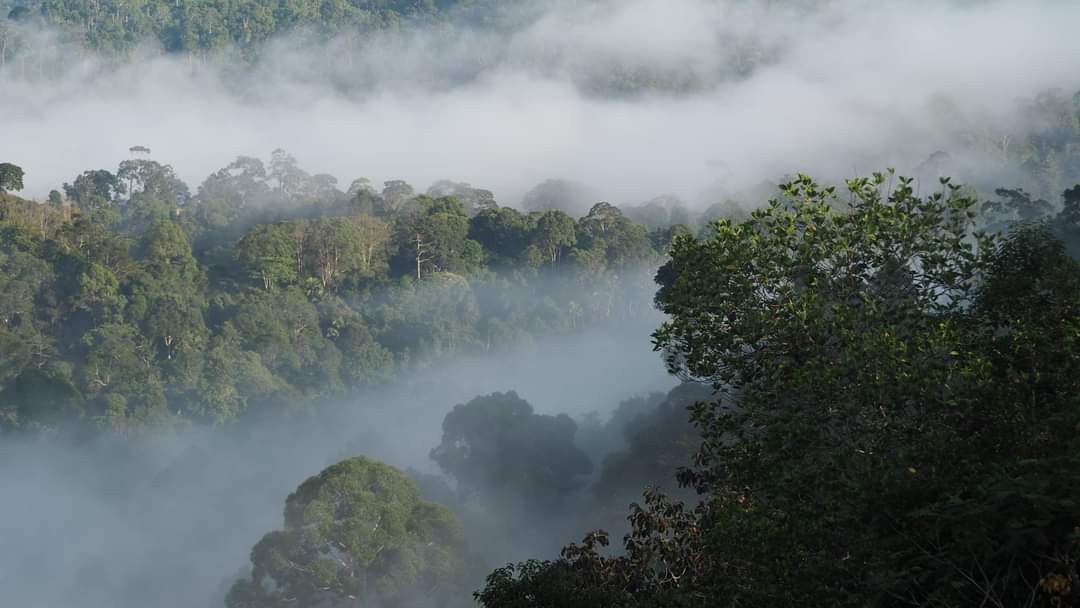Abstract
As the importance and threats of wildlife resources in Melanesia are widely recognized, their appropriate use is critical to achieve sustainable development in the country. An underestimated relationship between the status of the species with forest condition and food security is discussed. Being as nutritious as conventional imported red meats, bandicoots are also considered as the most rapidly breeding marsupial. The taxonomy, morphology, habitat, and reproductive characteristics of the family Peroryctidae (bandicoots) are succinctly described in order to elucidate the species potential in continuous controlled harvests in the wild and its eventual farming, until now successful abroad with one species from a related family. This effort requires the application of proper regulations that guarantee continuous harvests in accordance to the population dynamics.
Authors
CornelioD. L. (1). Status and Potential of the Peroryctidae Family to Improve Food Security in Papua New Guinea. Jurnal Manajemen Hutan Tropika, 16(3), 155-160. Retrieved from https://journal.ipb.ac.id/index.php/jmht/article/view/3179
Jurnal Manajemen Hutan Tropika is an open access journal which means that all contents is freely available without charge to the user or his/her institution. Users are allowed to read, download, copy, distribute, print, search, or link to the full texts of the articles in this journal without asking prior permission from the publisher or the author. This is in accordance with the Budapest Open Access Initiative (BOAI) definition of open access.


